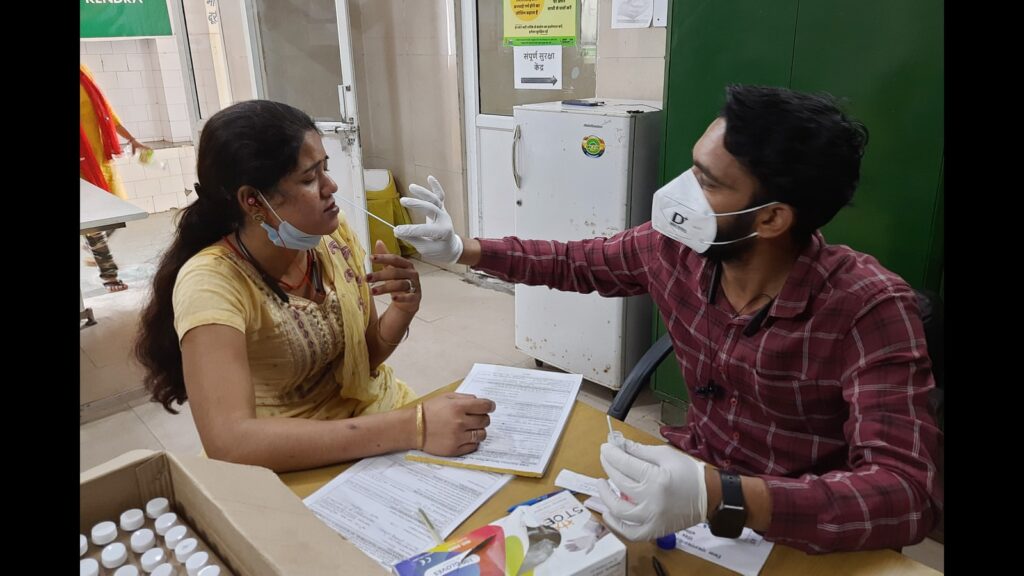Covid-19 is no longer a public health emergency, the World Health Organization (WHO) declared last week, roughly 1,200 days after it first learnt of a new coronavirus spreading through Wuhan, China. The declaration bookends a period marked by personal tragedy for millions, if not billions, of people. But, crucially, it is a moment to re-examine the mechanisms the world has to deal with such emergencies. WHO, a United Nations agency, is a health body that countries are legally required to share information with, although they can choose to ignore its advice. Still, WHO’s word is a strong determinant in global health discourse and on this count, the agency fell short in its mission, especially in the early days of the pandemic.
The missteps can be classified into two segments. First, the coddling of China. This is clear from the reading of the statement when the health emergency was declared. WHO praised Beijing’s “commitment to transparency” and the “very strong measures” it had taken to share information about the virus — both of which would later turn out to be an embellishment of a reality in which China was being deceptive about the true nature and scale of the disease. Second, was WHO’s shocking struggle with science. The agency initially recommended against mask mandates, and dithered on declaring the virus an airborne pathogen, with asymptomatic spread. These decisions weakened the foundations on which the WHO engendered trust and authority. Now that the crisis is close to being over, it needs to eliminate the mistakes made to rebuild a global health agency that can truly mitigate a public health emergency of international concern.

